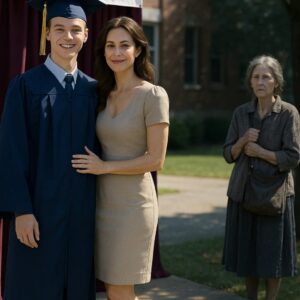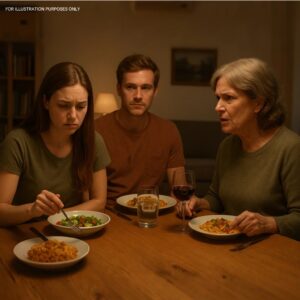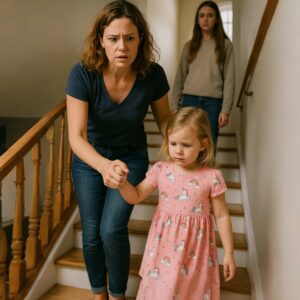I’ve always been the sister who says yes, the one who drops everything when family needs help. It’s how I was raised, and maybe my biggest flaw. I never imagined that kindness would cost me a life-changing job.
Three months ago, I had surgery and was ordered to take a full month off—no driving, no working, just rest.
Two days into recovery, my sister Kathy called, panicked. Her car’s transmission had failed, and repairs would cost thousands she didn’t have. She asked to borrow my Honda for a few weeks until hers was fixed. I didn’t hesitate. I wasn’t driving anyway, and she was my sister.
For four weeks, she drove it daily. She even took me to a doctor’s appointment once, cheerfully calling it a win-win arrangement. I trusted her to take care of it, and she promised she would.
When she finally returned my keys the night before my big interview at Morrison & Associates—a position I’d been chasing for months—I felt relieved
. After three months without income, this interview was my lifeline. I prepped my outfit, pressed my résumé, and mapped my route.
The next morning, I slid into the driver’s seat full of hope—until the engine sputtered and died. I tried again. Nothing but a dry wheeze.
Confused, I called Kathy. She casually admitted she’d returned it empty, figuring I’d “take care of that part.
” I reminded her about my interview, which I’d mentioned repeatedly all week. Her response? “Just call an Uber.”
By the time a rideshare arrived, I was thirty minutes late. The receptionist’s polite smile told me everything—I wouldn’t be meeting the hiring manager.
My shot at that job was gone.
When I told Dad what happened, he was furious. That night, he invited Kathy for dinner.
Over pot roast, he laid it out: I’d lent her my car for a month with no strings attached, and she’d returned it empty, costing me an opportunity that could have changed my life.
He sent her out that very night to fill my tank and insisted she repay every dollar in gas she’d used.
The next day, she shoved an envelope of crumpled bills at me, muttering about how I’d “turned Dad against her over twenty bucks.” But it wasn’t about the money—it was about respect.
I used that cash to get to another interview across town. This time, I was on time. I got the job.
Kathy and I barely speak now. At family gatherings, we exchange polite nods, but the closeness we had is gone. Some would call it sad; I call it an expensive education. Kindness isn’t weakness, but it isn’t free.
The people who value you will never treat it like it’s disposable—and the ones who do will eventually learn exactly what it costs.





